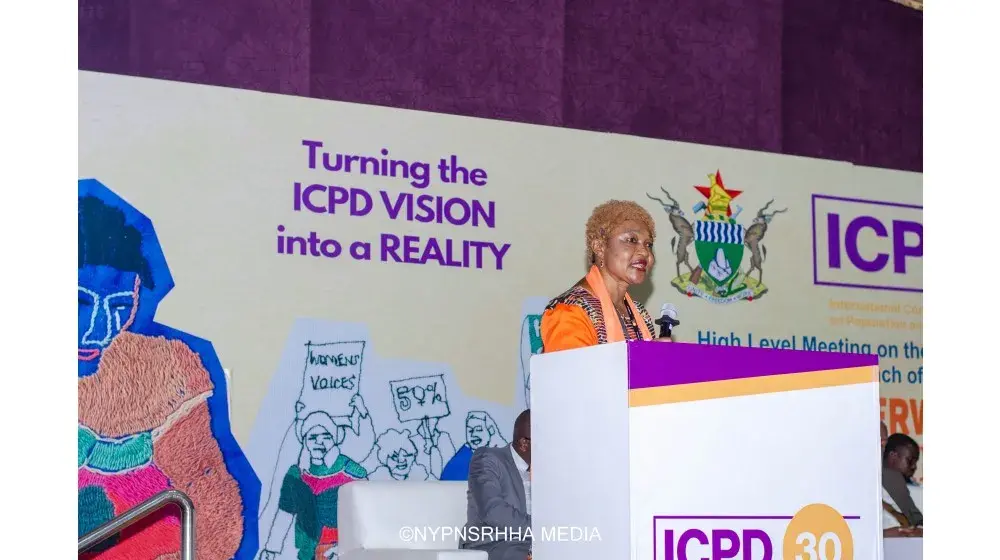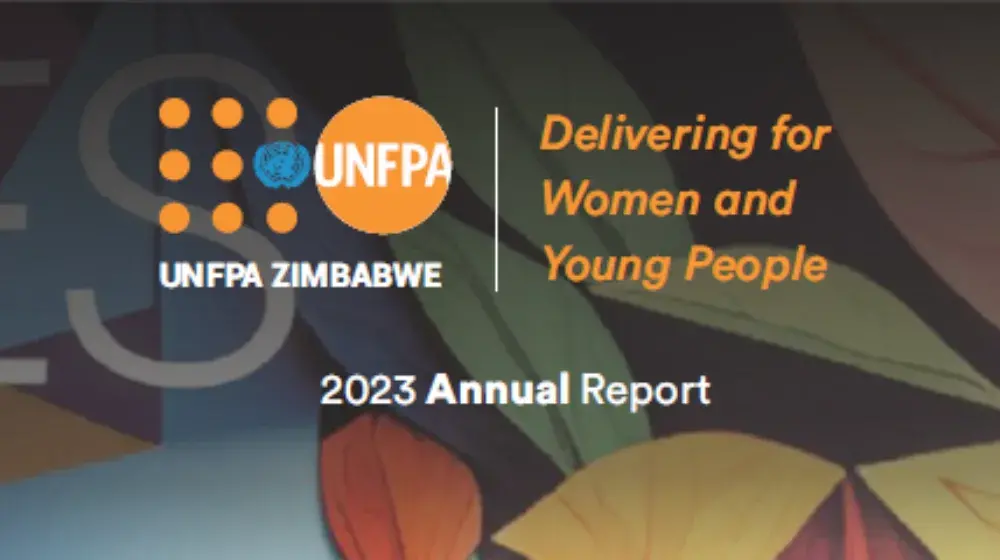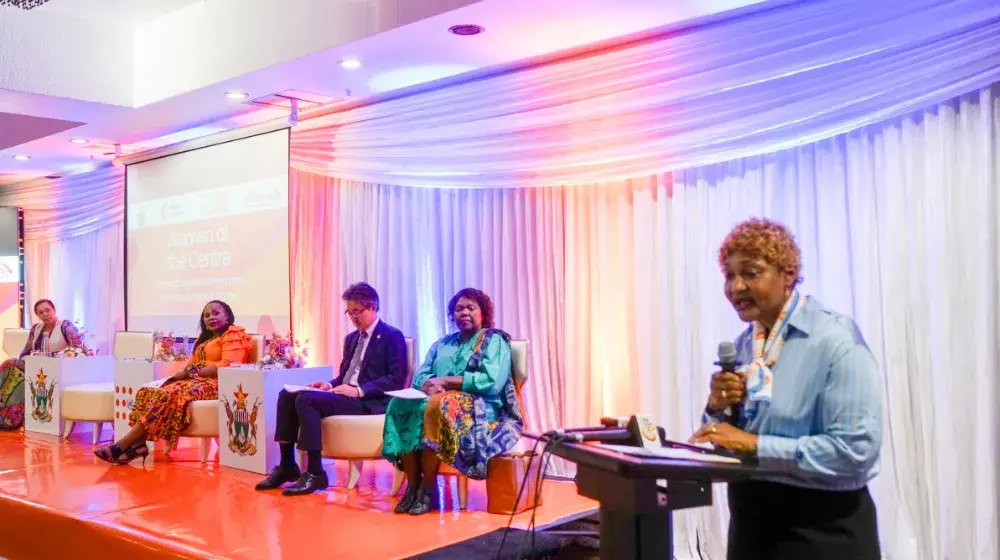Harare, 6 February 2019 - The United Nations Population Fund (UNFPA) has urged public health facilities to integrate health services to ensure women are provided with an opportunity for cervical cancer screening as early detection is important in enabling treatment before the cancer spreads.
Speaking at the World Cancer Day commemorations at Kowoyo Clinic in Goromonzi District in Mashonaland East, UNFPA Country Representative, Dr. Esther Muia said it is important for the establishment of programs that integrate cervical cancer prevention services into existing Reproductive Health services such as ANC, PNC, family planning as well as HIV/AIDS prevention and service delivery platforms.
“Cervical cancer screening should be integrated into maternal, newborn and child health (MNCH) consultations that are recommended for women and children that include ante-natal care, family planning, post-natal care, MNCH and other health services,” Dr. Muia said.
“A concerted and coordinated effort is also required to increase community awareness about screening for the prevention and detection of cervical cancer.”
Speaking at the same event First Lady of Zimbabwe Auxillia Mnangagwa, said over 200 women aged 15 years and above had undergone cervical cancer screening on the sidelines of the commemorations using her foundation’s mobile cancer screening facility.
“My vision is for the message on cervical cancer to be spread as widely as possible and my emphasis is on getting to remote areas where we are raising awareness on the importance of screening and seeing early treatment,” said Auxilia Mnangagwa.
According to the Zimbabwe National Cancer Registry, 2,270 women are diagnosed with cervical cancer and 1 451 die every year in Zimbabwe.
The National Cervical Cancer Screening Programme being implemented by the Ministry of Health and Child Care with UNFPA support seeks to ensure women have timely access to cervical cancer screening services. UNFPA has supported MoHCC to set up 104 Visual Inspection with Acetic Acid and Cervicography (VIAC) clinics since 2010 and over 500 000 women have since been screened. UNFPA has also supported the procurement of equipment, supplies and consumables for new and existing VIAC centres.
The governments of Britain, Ireland, Sweden and the European Union have been supporting through the local Health Development Fund partners.
World Cancer Day is internationally recognized annually on the 4th of February to raise awareness on cancer and to encourage its prevention, detection, and treatment. The theme for 2019 is “I AM and I WILL” which is a call for action for personal commitment to live a healthy lifestyle and to educate the self and others about cancer.




